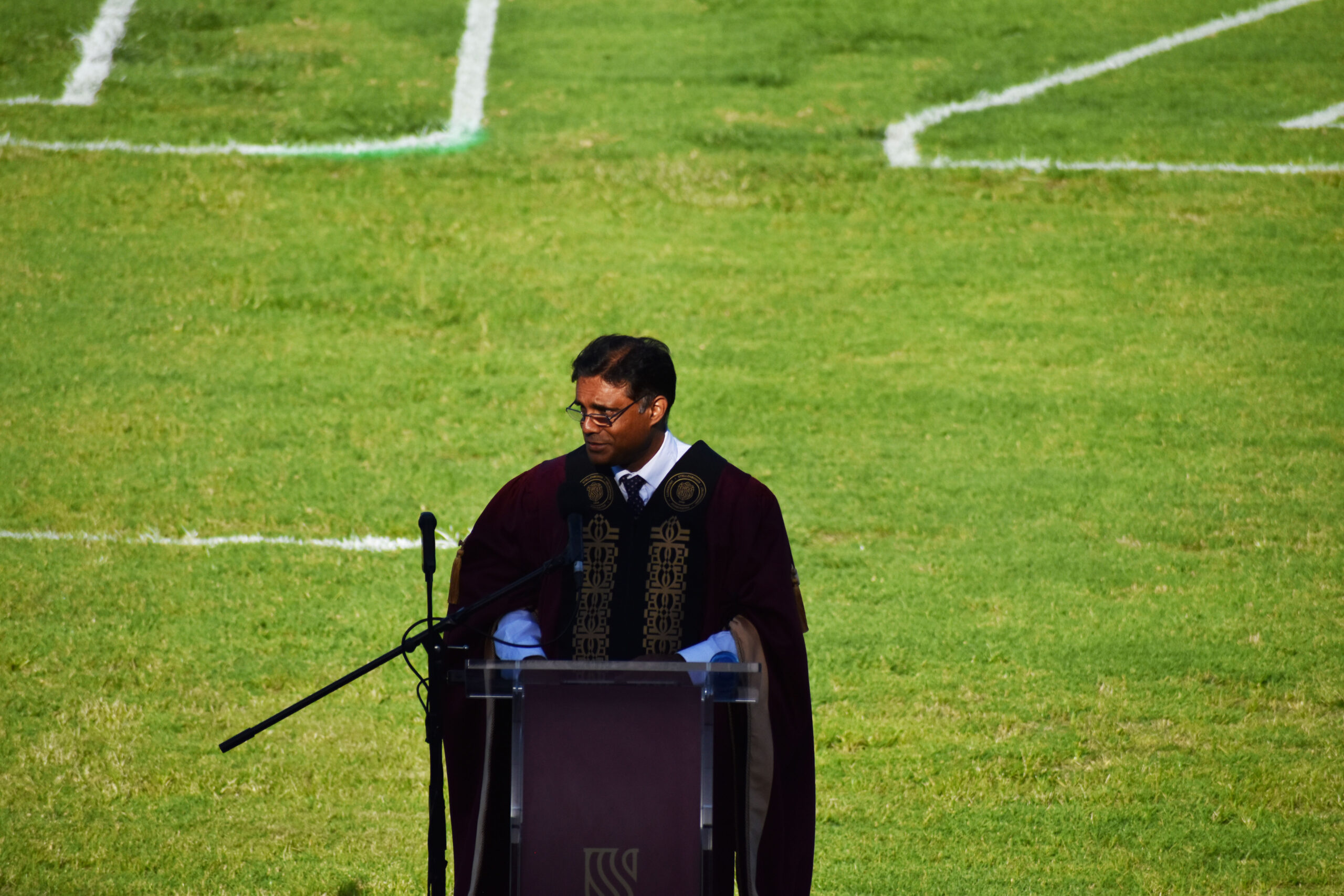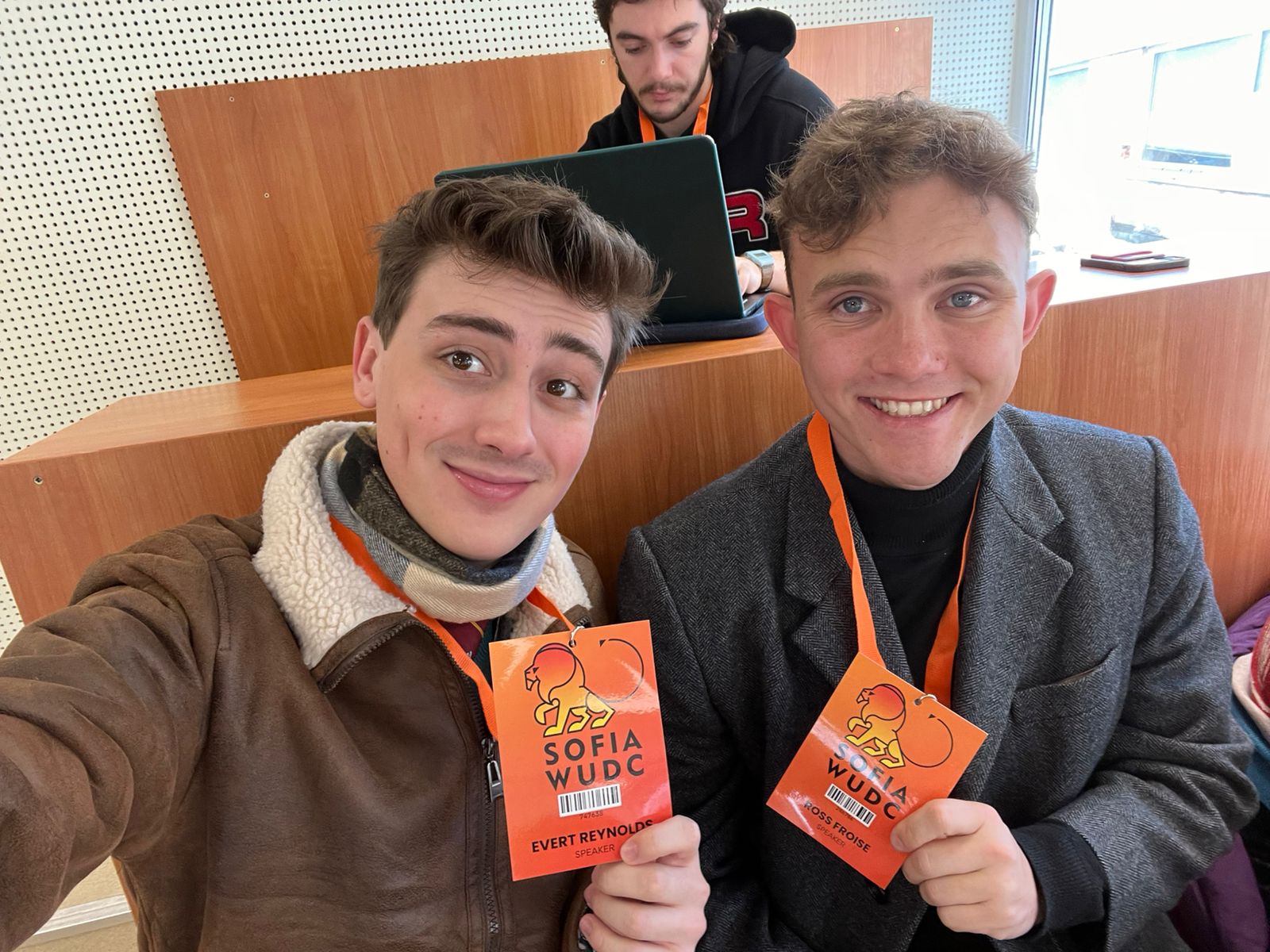DISGRUNTLED METANOIAN DRINKING DIRTY-WATER Clerone showing the poor quality of Metanoia’s water.
SAARAH ABRAHAMS
The Western Cape may have escaped the dreaded Day Zero for the time being, but water restrictions are still in place in Stellenbosch.
The level two water restrictions implemented by Stellenbosch Municipality, effective from 1 December last year, limits users to 150 litre per person per day. Stellenbosch University’s (SU) very own EcoMaties Sustainability Society, a “student society working within Stellenbosch University and surrounds that’s aimed at initiating sustainable practices on campus”, is in the process of planning a practice which is aimed at “seeing sustainable living practices between residences and PSOs”.
This was initially undertaken by the Green Living Award as in the past EcoMaties struggled to engage and participate in water saving projects due to the lack of a sustainability portfolio at most residences and PSOs. They now aim to educate and transform the mindset of students, staff and Stellenbosch residents. Ever since the initial water restrictions were placed in January 2016, SU devised a ‘drought plan’ for overcoming this obstacle which included raising awareness of reducing water consumption, re-using grey water and identifying alternative water sources.
SU have also supposedly implemented attempts to conserve water in residences. This has been done by changing shower heads to be more efficient in water pressure. Another means is attemepting to reduce the pressure of water from taps to eliminate water wastage through high pressure taps.
Residences have also apparently placed filled bags in toilet cisterns to lessen the amount of water used during each flush as well as designed a purification system with a sole intent of purifying grey water from residences and returning it to be used for flushing toilets.
By June 2017 SU had reduced about 45 percent of its water consumption with residences being responsible for between 20 and 30 percent. Many residences, such as Nemesia, Simonsberg, Majuba and Metanoia, have implemented various techniques of their own to reduce their water usage, including the ‘bucket system’, removing the use of baths to encourage shorter showers and replacing soap dispensers with hand sanitizer. A problem that went hand in hand with the drought, however, was the issue of the water in taps being impure and therefore unsafe for consumption. This means that water cannot be drunk or used to prepare food.
Meatnoia’s residences were warned during Welcoming Week 2019 at the end of January not to drink the water from any of their taps as it was deemed to be 89 percent pure. At the time of Publication, water at Metanoia’s water was found by the Municipality to be drinkable again.
Photo: Sarah Abrahams



